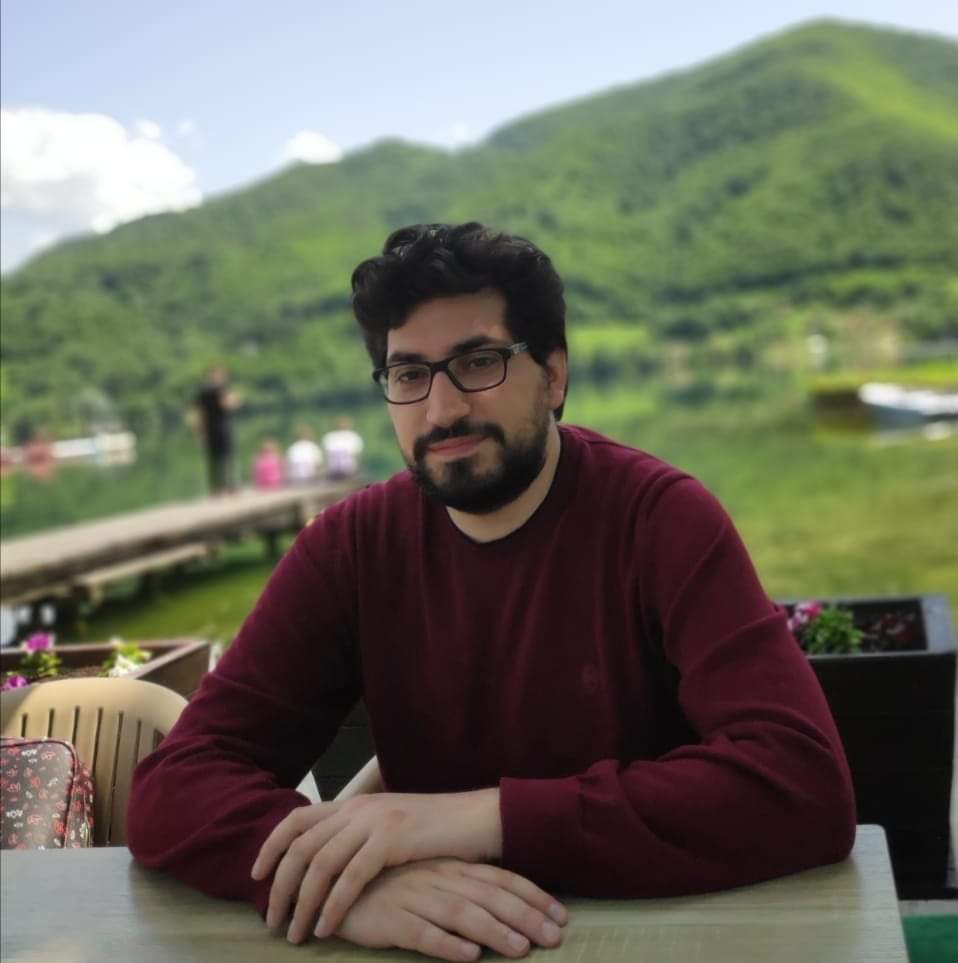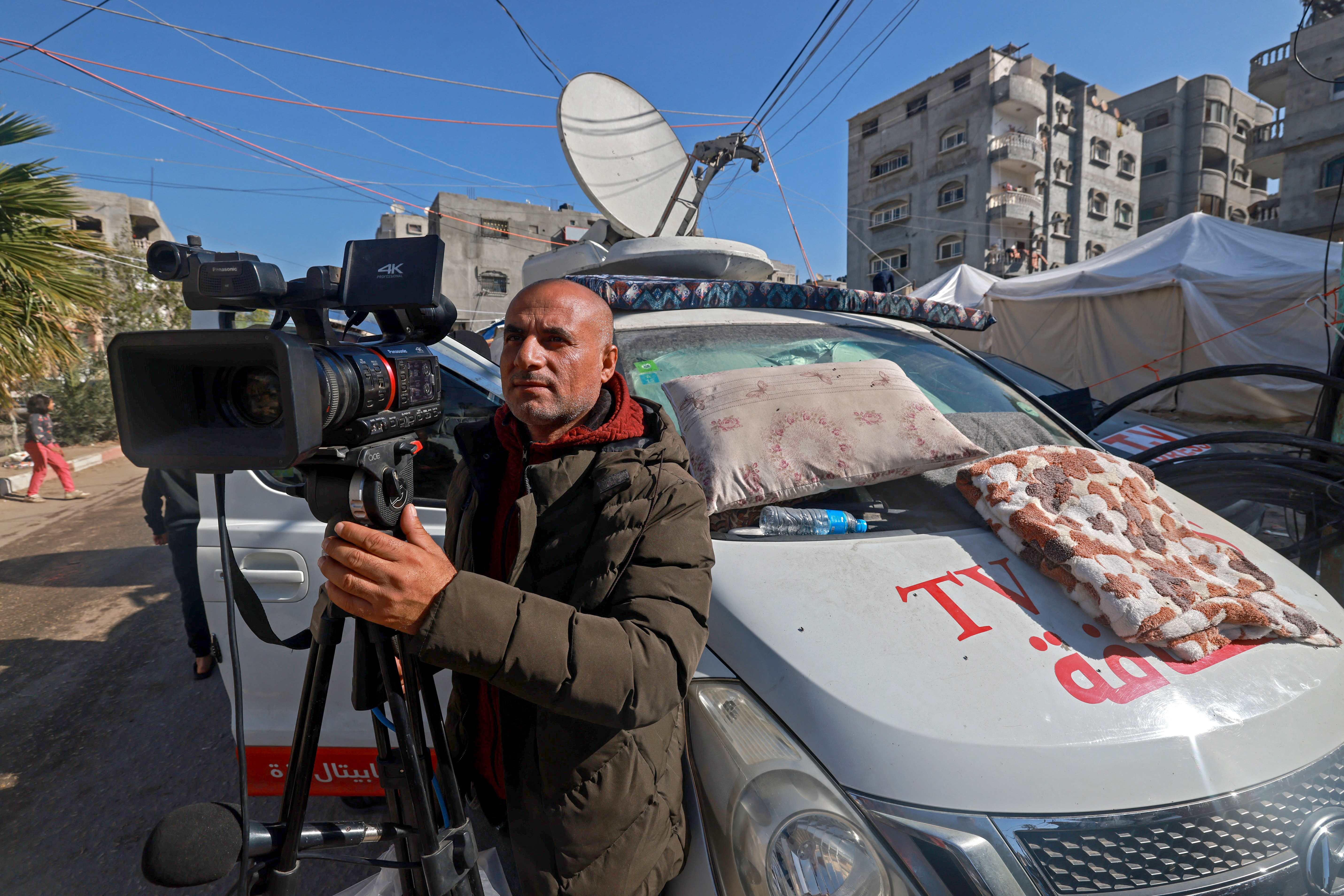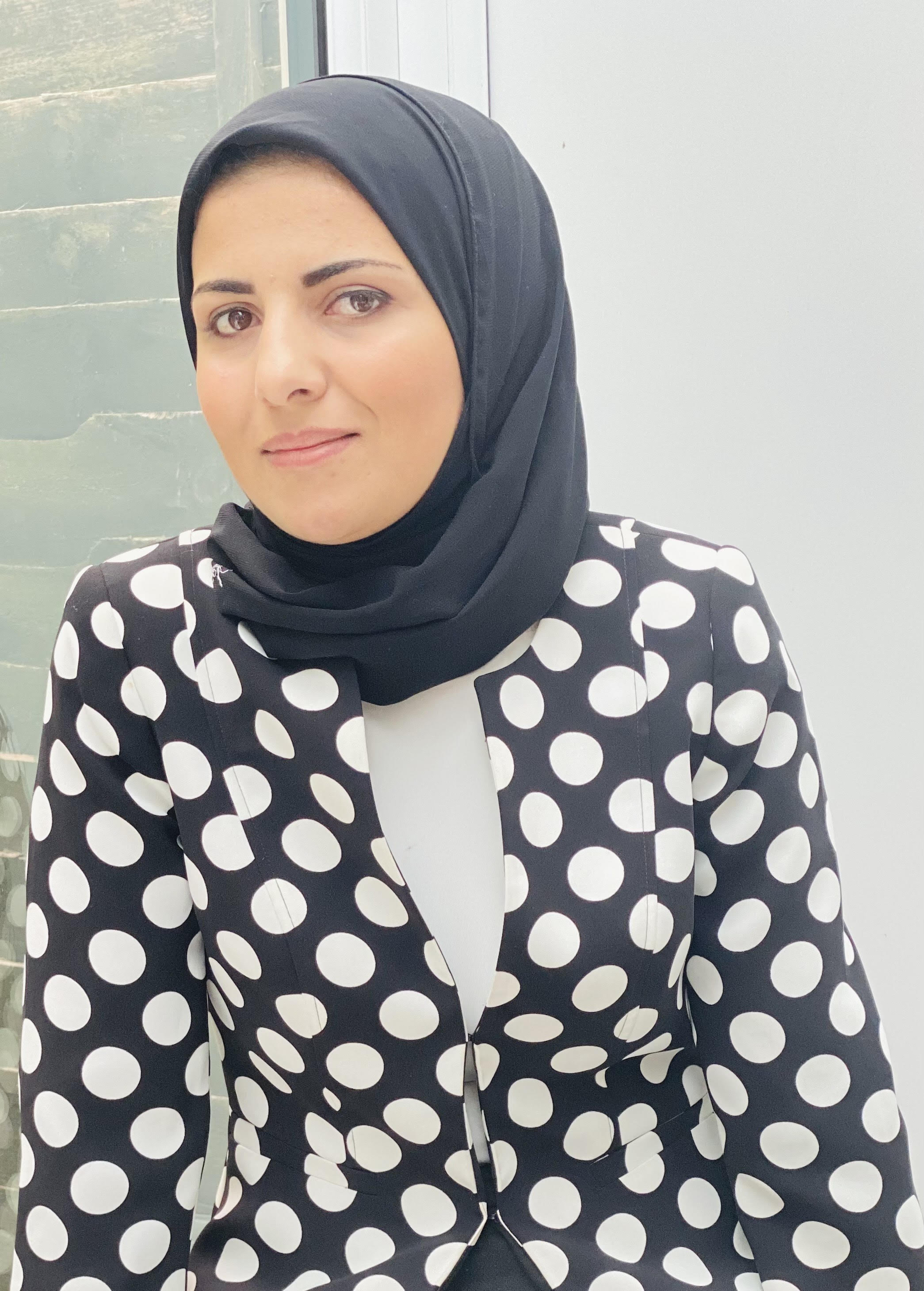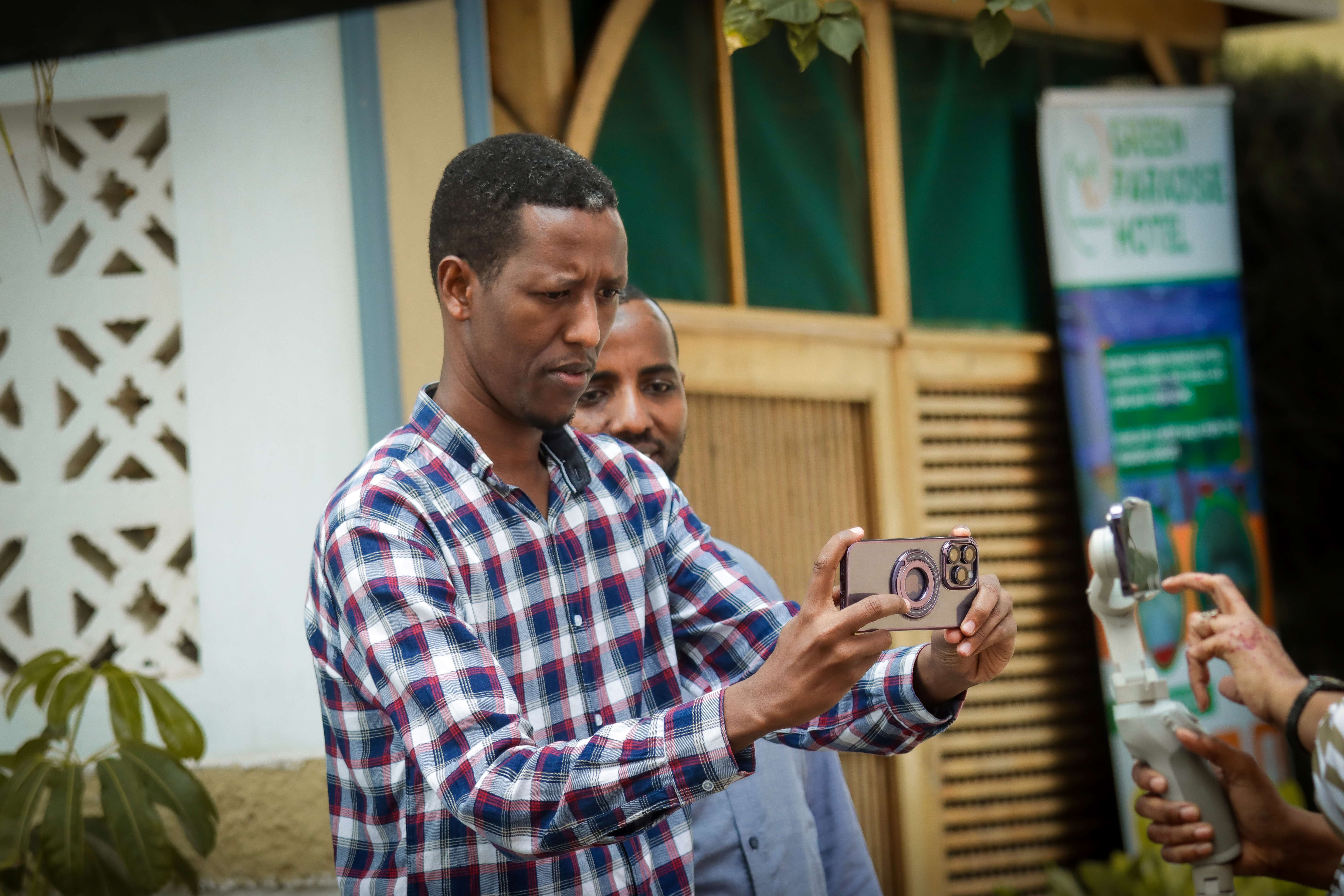لا شك أن مواقع التواصل الاجتماعي أصبحت تحتل أهمية كبيرة كمصدر أساسي للحصول على الأخبار. لقد استثمر ما أصبح يعرف بالمؤثرين هذه القوة كي يصبحوا مصدرا للأخبار، دون أن يصاحب ذلك نقاش حول أخلاقيات المهنة التي يجب أن تؤطر هذا النشاط.
ظاهرة التأثير على مواقع التواصل الاجتماعي تكاد تكون جديدة، حيث فرضت وجودها أكثر في السنوات الأخيرة، إذ ثمة من يعتبرها وظيفة يمارسها البعض من أجل اكتساب الشهرة واستخدامها لأهداف تسويقية، وثمة من يرى أن المؤثرين هم من يشاركون متابعيهم مواضيع متنوعة قصد التفاعل معها واقتراح حلول بديلة لمشاكل معينة. وسرعان ما تحولت فكرة "المؤثرين" إلى ظاهرة، يعتبرها البعض طريقا سهلا وسريعا لربح الكثير من المال والشهرة أيضا.
وأمام الانفتاح الرقمي والرغبة في تحقيق الذات، أصبح هوس الشهرة يهيمن على أغلب متصفحي الويب رغبة في جني المال والاستفادة من الإعلانات التجارية مع ماركات عالمية مقابل مبالغ مالية محترمة، وهنا نطرح سؤال المصداقية والشفافية التي يذهب الجمهور ضحيتها، ويعتبر المحتوى المهيمن الذي يتميز فيه المؤثرون على مواقع التواصل هو المحتوى الخدمي والترفيهي، في حين أن المحتوى الخبري، هو من اختصاص المؤسسات الإعلامية.
وفي بعض الأحيان، يقوم المؤثر على مواقع التواصل الاجتماعي بمهمة الصحفي، يكتب وينقل الخبر بكل ثقة وجرأة دون معرفة مسبقة بقواعد الكتابة الصحفية والإحاطة بأدبياتها وأخلاقياتها، الشيء الذي يطرح مشكلة انتشار الأخبار الزائفة والتركيز على الفضائح وتعميم الإشاعات، لعدم وجود رقيب أو ضوابط للنشر على تلك المواقع.
وتعد مواقع التواصل الاجتماعي بيئة خصبة لانتشار الشائعات بسرعة فائقة بفعل تقنية البث المباشر، وتوفر برامج الفوتوشوب وسائل لتزييف الصور وفبركة الفيديوهات، وهو ما يساهم في انتشار الشائعات.
ولعل أبرز مثال على توظيف الشائعات على مواقع التواصل الاجتماعي هو أزمة كوفيد-19، حيث تنتشر معلومات مغلوطة عن الحجر الصحي وعدد المصابين والتشكيك في مدى نجاعة وفعالية اللقاحات. وفي هذا الصدد يقوم بعض المؤثرين بِحث الجمهور على مقاطعة اللقاحات بدعوى أنها تقتل، دون الإدلاء بمعلومات دقيقة وعلمية تثبت ذلك.
الصحافة هي التحري في نقل الخبر ونقله إلى الجمهور بدقة وموضوعية، والآن نحن ننتقل من عالم الصحافة إلى عالم أقرب إلى "النميمة المنظمة" منه إلى الصحافة، وهو عالم جديد فرضت فيه وسائل التواصل الاجتماعي قواعدها بدل أن تترسخ قيم الصحافة أكثر.
ومع تطور التكنولوجيا الحديثة، أصبح كل من يحمل هاتفا نقالا ذكيا ويجيد استخدام الإنترنت؛ يؤدي مهمة المراسل والكاتب الصحفي، فهو يقوم بتأطير وتعبئة الرأي العام بكل ما هو حصري، وتحضر هذه الظاهرة بقوة على تويتر. هناك نجد أسماء كتاب ومحللين في مجالات مختلفة يتفاعلون مع القرارات الصادرة عن الجهات الحكومية وغير الحكومية بهدف التأثير على الرأي العام وجلب المتابعين. وهناك مَن أصبحت تغريداتهم مادة خبرية تنشرها الصحف وتكتب عنها المواقع.
أصبح الفيسبوك، إلى جانب المنصات الاجتماعية الأخرى التي تركز على الشباب، منصات للمناقشات الساخنة حول السياسة والعرق والقضايا الاجتماعية إلى جانب الحديث عن جائحة فيروس كورونا، إذ غالبا ما لا يدير هذه النقاشات صحفيون، بل يدريها المشاهير والمؤثرون والمبدعون الذين يهيمنون على المساحات الاجتماعية عبر الإنترنت، من مدوني نمط الحياة إلى شخصيات تلفزيون الواقع. وهذا لا يعني أن الشباب يذهبون بالضرورة إلى هذه الشبكات بحثا عن الأخبار فقط وإنما الدافع الرئيسي هو المتعة والترفيه. عكس موقع تويتر، الذي يُنظر إليه على أنه وجهة لأحدث الأخبار والتعليقات.
وفي نفس السياق، يرى مجموعة من الباحثين ّأن مستقبل الصحافة مرتبط بالتطور التكنولوجي، حيث يمكن لمواقع التواصل الاجتماعي أن تؤدي دور الصحافة وتسيطر على المشهد الإعلامي، ومن المؤسف أن نجد صحيفة بدون صحفيين، يأتي صاحبها بأخبار تفتقد للمصادر وينشرها على صفحته الخاصة معتبرا نفسه ناقدا وعالما بجميع المواضيع. كلها كتابات لا يؤطرها قانون محدد ولا تضمن تصحيح الأخطاء، فالنشر على مواقع التواصل الاجتماعي يستدعي كفاءات عالية ومهارات تحريرية مهمة إضافة إلى ضرورة احترام أخلاقيات العمل الصحفي.
السؤال الذي يطرح نفسه، من يحاسب هؤلاء الذين انتهكوا معايير مهنة الصحافة وأخلاقياتها؟ وما القانون الذي يؤطر عملهم؟
يقول الأستاذ إبراهيم الشعبي، أستاذ التعليم العالي بالمعهد العالي للإعلام والاتصال بالرباط: "بداية يجب أن نميز بين الصحيفة ومواقع التواصل الاجتماعي، فالصحيفة منبر إعلامي له ضوابط قانونية، كأي وسيلة إعلامية أخرى تخضع لقانون الصحافة والنشر وتلتزم بالميثاق الوطني لأخلاقيات المهنة، وبالتالي من يمارس عمله في الصحيفة يعتبر صحفيا وله ضوابطه المهنية والأخلاقية والقانونية، ولكن في المقابل، من يمارس الكتابة على الفيسبوك أو التويتر أو غيرها من المواقع، فهو مواطن عادي يمارس حريته في التعبير والنشر، ولا علاقة له بالصحافة".
وفي السياق ذاته، أكد الأستاذ الشعبي على أن "الصحفي حسب التعريف القانوني، هو من يزاول مهنة الصحافة إما سمعية بصرية أو مكتوبة بشكل رئيسي ومنتظم في وسيلة من وسائل الإعلام ويتقاضى أجرا عن هذا العمل، فالمؤثر لا يمكن أن يعتبر صحفيا لأن مواقع التواصل الاجتماعي ليست صحافة، بل إنها ممارسة حرة للتعبير عن الرأي بمختلف الوسائل والطرق".
وفي نفس السياق يؤكد الشعبي أنه "إذا اعتبرنا المؤثر على مواقع التواصل الاجتماعي ليس صحفيا، فلا يمكن أن نحاسبه على تجاوزه لأخلاقيات مهنة الصحافة ولكن يجب محاسبته في إطار الأخلاق العامة وفي إطار ممارسته للنشر والكتابة، باعتبار أن أي منشور إذا تجاوز شخصين يعتبر علنيا، وبالتالي، إذا تجاوز الضوابط الأخلاقية العامة وقام بالسب أو الشتم أو التحقير.. وكلها أفعال يجرمها القانون باعتبار أن المؤثرين أو أي مواطن عادي على مواقع التواصل الاجتماعي سيتابع بالقانون الجنائي".
قضية انتهاك القوانين وأخلاقيات المهنة على وسائل التواصل الاجتماعي، لا تخضع للمساءلة، لكن الشعبي يستدرك قائلا: "إن الممارسات غير القانونية على مواقع التواصل الاجتماعي يعاقب عليها القانون من سب وشتم، والتصوير غير المرخص إلى غير ذلك، وبالتالي فالمؤثرون على مواقع التواصل الاجتماعي لا يعتبرون صحفيين، لأن ما يقومون بنشره لا يعتبر صحافة، وبالتالي إذا خالفوا القانون أو ارتكبوا جنحة، فإنهم سيتابعون بشكل مباشر بالقانون الجنائي وليس بقانون الصحافة والنشر".
-
https://www.shorouknews.com/columns/view.aspx?cdate=27092020&id=d624019e-9d5e-45b7-8f34-d395465070ef




![Palestinian journalists attempt to connect to the internet using their phones in Rafah on the southern Gaza Strip. [Said Khatib/AFP]](/sites/default/files/ajr/2025/34962UB-highres-1705225575%20Large.jpeg)




































